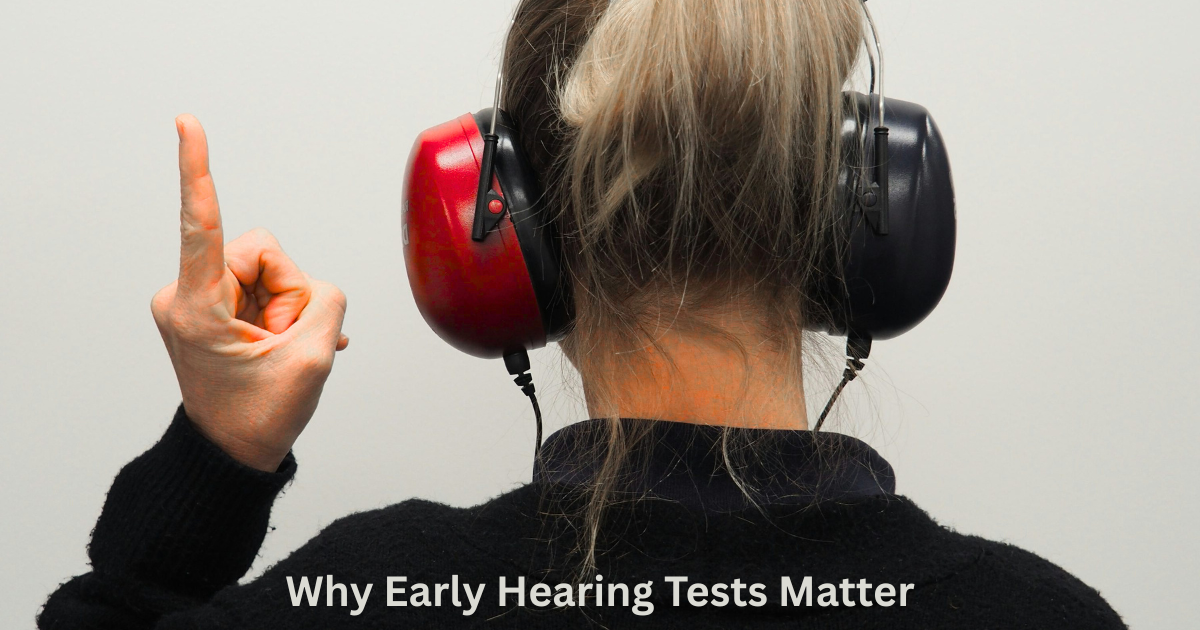Depression is a common yet serious mental health condition affecting millions of people worldwide. It goes beyond occasional sadness and can significantly impact one’s life. Recognizing its signs early can lead to timely intervention and effective treatment. In this guide, we’ll explore the key signs of depression, its potential causes, and why seeking help is so important.
What is Depression?
Depression, or major depressive disorder, is more than just feeling down or having a rough week. It’s a persistent mental health condition characterized by deep feelings of sadness, hopelessness, and a lack of interest in daily activities. Depression can affect anyone, regardless of age, gender, or background.
Common Signs of Depression
Identifying the signs of depression is crucial for getting the help you need. Here are some of the most common symptoms:
1. Persistent Sadness or Low Mood
One of the main signs of depression is a prolonged feeling of sadness or a low mood that just doesn’t go away. This can often be accompanied by a sense of emptiness or hopelessness.
2. Loss of Interest or Pleasure in Activities
People with depression often lose interest in activities they once enjoyed. This can include hobbies, social events, and even sexual activities.
3. Changes in Appetite and Weight
Depression can cause significant changes in appetite, leading to weight loss or gain. Some people might lose their appetite completely, while others might eat more than usual for comfort.
4. Sleep Problems
Sleep disturbances are common in depression. This can include insomnia (difficulty sleeping), hypersomnia (excessive sleeping), or restless and unsatisfying sleep.
5. Fatigue and Low Energy
Persistent fatigue and a lack of energy are common in depression, making even simple tasks feel exhausting.
6. Difficulty Concentrating
Depression can impair your ability to concentrate, make decisions, or remember things, affecting work, school, and daily life.
7. Feelings of Worthlessness or Guilt
People with depression often experience intense feelings of worthlessness or excessive guilt. They might fixate on past failures or mistakes and feel like a burden to others.
8. Physical Symptoms
Depression can cause physical symptoms such as headaches, digestive problems, and unexplained aches and pains that don’t respond to treatment.
9. Agitation or Restlessness
Some individuals with depression may feel agitated or restless, often unable to sit still or feeling on edge.
10. Thoughts of Death or Suicide
In severe cases, depression can lead to thoughts of death or suicide. Any talk of suicide should be taken seriously, and immediate help should be sought.
What Causes Depression?
Depression is a complex condition with no single cause. It usually results from a combination of genetic, biological, environmental, and psychological factors.
1. Genetics
Depression can run in families, suggesting a genetic predisposition to the condition.
2. Brain Chemistry
Imbalances in brain chemicals, particularly neurotransmitters like serotonin, norepinephrine, and dopamine, play a significant role in depression.
3. Environment
Traumatic or stressful life events, such as the loss of a loved one, financial issues, or difficult relationships, can trigger depression.
4. Personality
Certain personality traits, such as low self-esteem or being overly self-critical, can increase the risk of developing depression.
5. Health Conditions
Chronic illnesses like heart disease, diabetes, and chronic pain are linked to higher rates of depression. Additionally, some medications can contribute to depressive symptoms.
Why Seeking Help is Important
Depression is treatable, and seeking help is crucial for recovery. If you or someone you know shows signs of depression, it’s essential to reach out to a healthcare professional. Early intervention can significantly improve outcomes. To find support quickly, try searching for “depression counseling near me” to gain immediate access to mental health services. Early intervention can make a significant difference in improving outcomes.
Professional Treatment Options
There are several effective treatments for depression:
- Therapy: Talk therapy, such as cognitive-behavioral therapy (CBT), can help you understand and manage your depression.
- Medications: Antidepressants can help correct chemical imbalances in the brain. Always take medications as prescribed and discuss any side effects with your doctor.
- Lifestyle Changes: Regular exercise, a healthy diet, good sleep hygiene, and stress management techniques can improve mental health.
- Support Groups:Joining a support group can provide a sense of community and help you feel less isolated.
Self-Help Strategies
In addition to professional treatment, self-help strategies can support your recovery:
- Stay Connected:Keep in touch with friends and family for emotional support.
- Set Realistic Goals: Break tasks into smaller steps and set achievable goals to avoid feeling overwhelmed.
- Engage in Activities:Continue to do things you enjoy, even if they don’t seem as fun as they used to.
- Practice Mindfulness:Techniques like meditation, yoga, and deep-breathing exercises can help manage stress and improve your mood.
Emergency Situations
If someone is experiencing severe symptoms, such as thoughts of suicide or self-harm, seek immediate help. Contact a mental health professional, call emergency services, or go to the nearest emergency room.
Conclusion
Depression is a serious and complex mental health condition that affects millions of people. Recognizing the signs of depression is the first step towards seeking help and starting the journey to recovery. By understanding the common symptoms, potential causes, and available treatment options, you can take proactive steps to manage your mental health. Remember, seeking help is a sign of strength, and with the right support, it’s possible to overcome depression and lead a fulfilling life.











